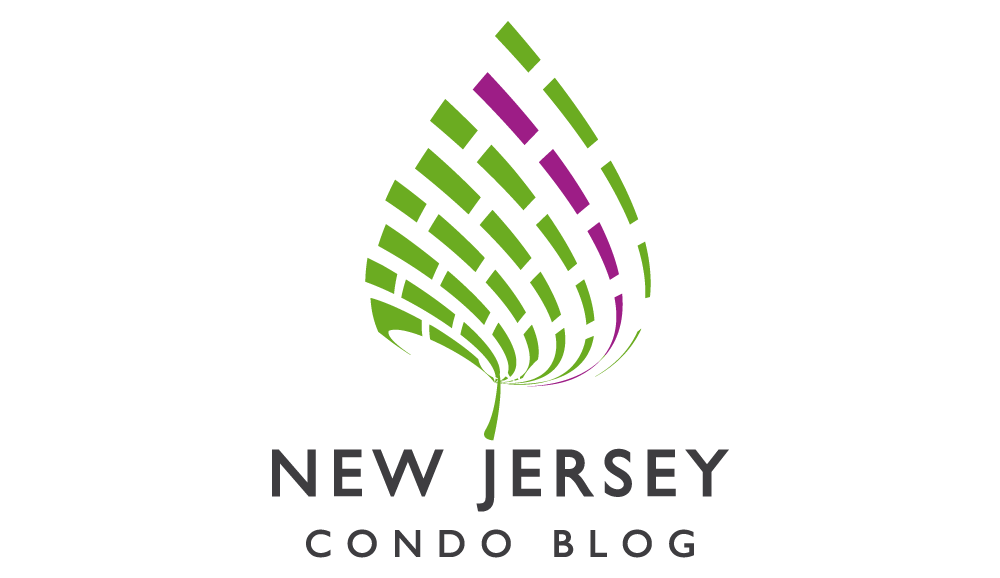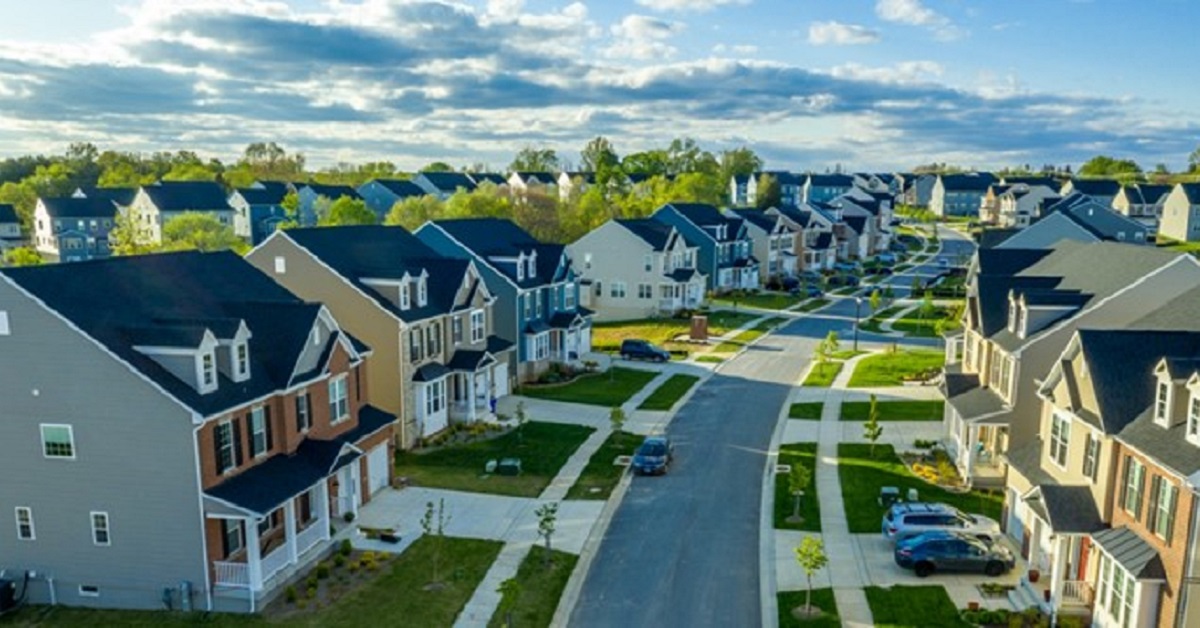New Legislation to Enhance Owner Participation in Community Association Elections
August 17, 2017
On Thursday, July 13, Governor Christie signed legislation to enhance owner participation in community association elections. The CAI Legislative Action Committee, with Community Association Practice Chair, Dave Ramsey, leading the effort, worked side-by-side with Senator Gordon, the primary sponsor of the bill, to ensure that the final version of the law would be balanced and not impose undue burdens on community associations while making the election process democratic where it currently isn’t. Only through an eleventh-month effort and the willingness of Senator Gordon to listen to, and accommodate, CAI’s concerns was this able to occur.
A few important features of the new law:
- Although the law is effectively immediately, the implementation of portions of the bill that may require associations to modify some procedural aspects of their election process are delayed until October 1, 2017 to give associations an adequate opportunity to prepare.
- Subject to certain exceptions, in those few associations where the owners are not members of the association, effectively immediately, they are.
- Starting with elections occurring after October 1, Unit owners in good standing will have the right to nominate themselves or other owners in good standing. Bylaws requiring nomination by a Nominating Committee or requiring the signing of a petition by other owners will no longer be required, though Nominating Committees may continue to nominate owners for election to the board – but not exclusively.
- Certain time periods are statutorily imposed, including notices seeking nominees for the board must be sent to all owners not less than 30 days before the notice of the election meeting is sent.
- Notice of the election meeting must go out 14 or more days before the meeting but not more than 60 days before (this impacts many associations that previously had a minimum time notice period of 10 days).
- Board members’ names must be listed alphabetically on all ballots.
- Electronic voting in board elections is statutorily authorized and electronic notice of meetings is also authorized if permitted under the bylaws.
- In a provision unrelated to elections, governing boards may amend bylaws without a vote of the owners in two methods: First, it may amend the bylaws to be consistent with federal, state or local law. Second, it may propose an amendment to the bylaws together with a ballot to reject the amendment and if not more than 10% of the owners’ vote, within 30 days, to reject the bylaws amendment, it becomes enacted.
A number of other parties also voiced concerns about the new law, including the Department of Community Affairs and the New Jersey Builders Association. While a number of language clarifications from each of those parties were accepted, through the efforts of the Legislative Action Committee provisions that were overly burdensome or had negative impacts on community associations were successfully fended off. While there were numerous association election bills posted in the Senate and Assembly this year, most of which would have imposed significant burdens on associations were therefore unacceptable to CAI, only this bill reached the Senate and Assembly floors for a vote, and passed each house unanimously.
Look forward to a future article by Dave Ramsey in Community Trends providing additional details about this bill and a CAI program in late August in which he will provide information concerning important exceptions to the law and tips on how to take advantage of certain beneficial provisions in it.
CAI Legislative Action Committee, Community Association, Condo Elections, HOA Elections, New Legislation
Warning: Trying to access array offset on value of type bool in /nas/content/live/njcondoblog/wp-content/plugins/edge-cpt/modules/shortcodes/socialshare/social-share.php on line 145






